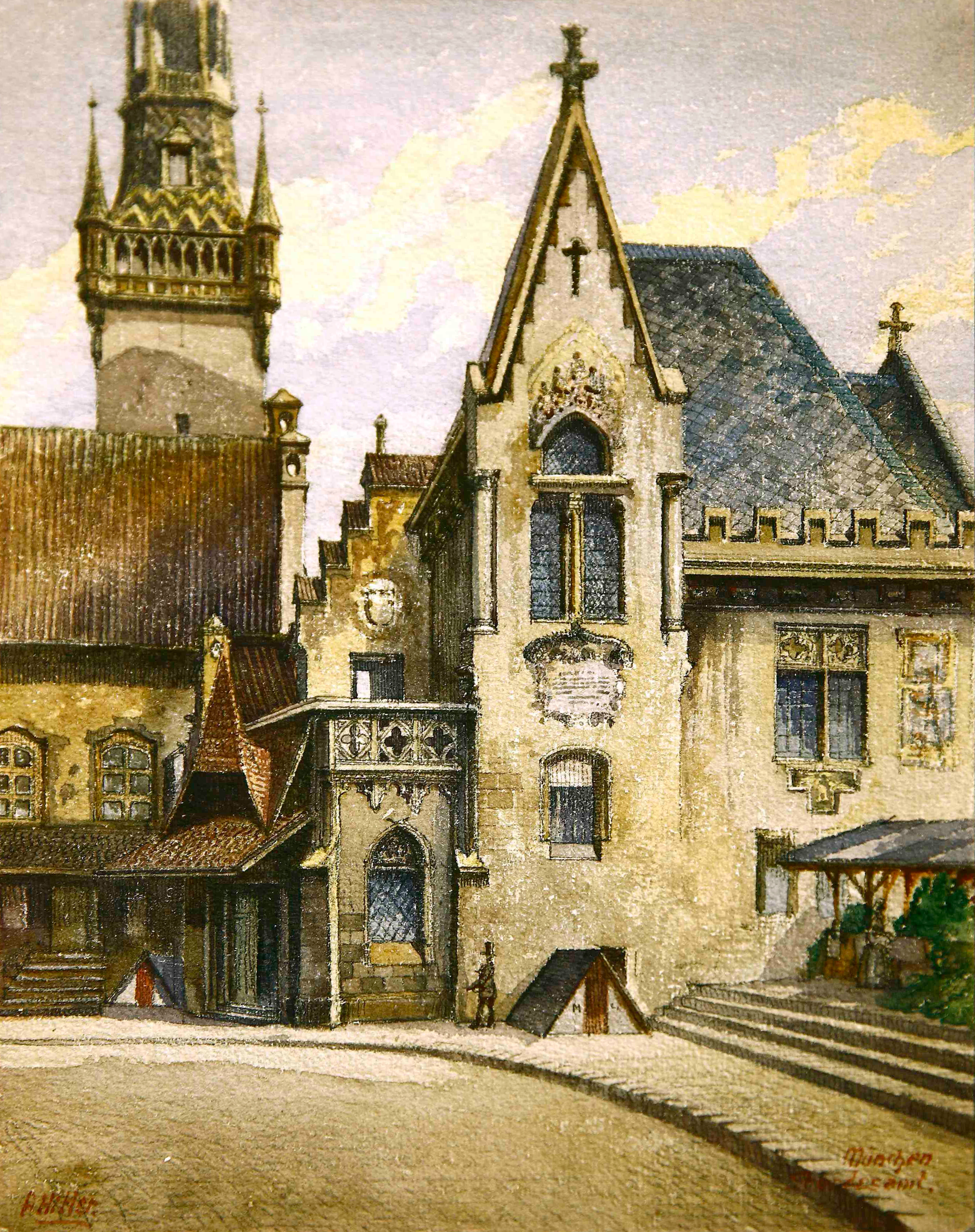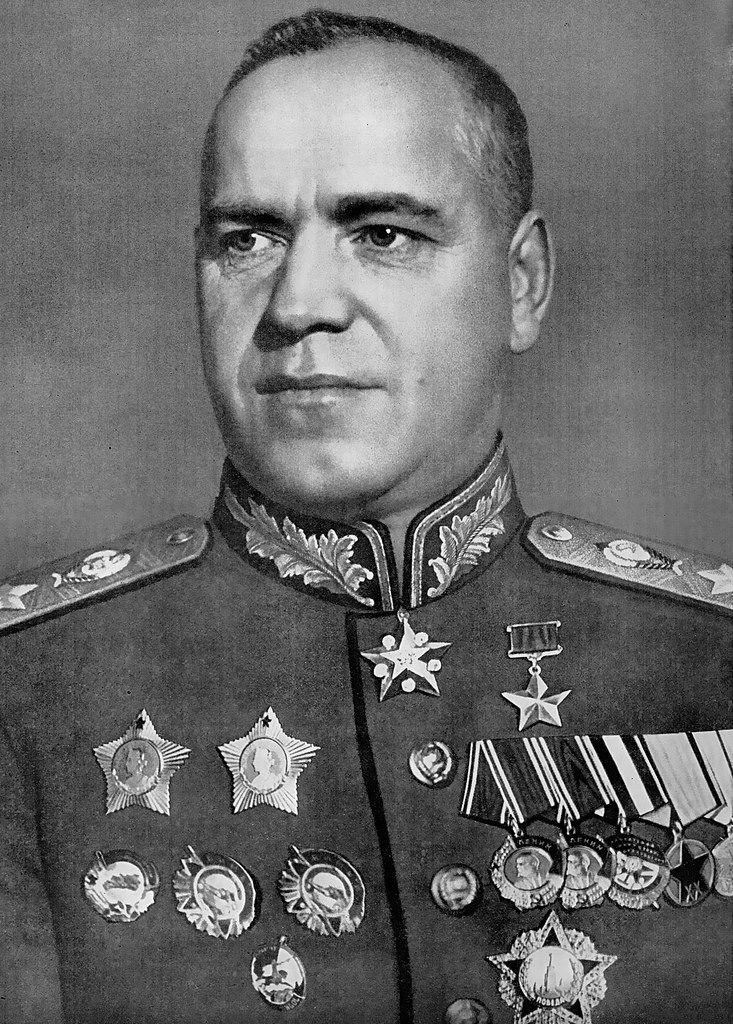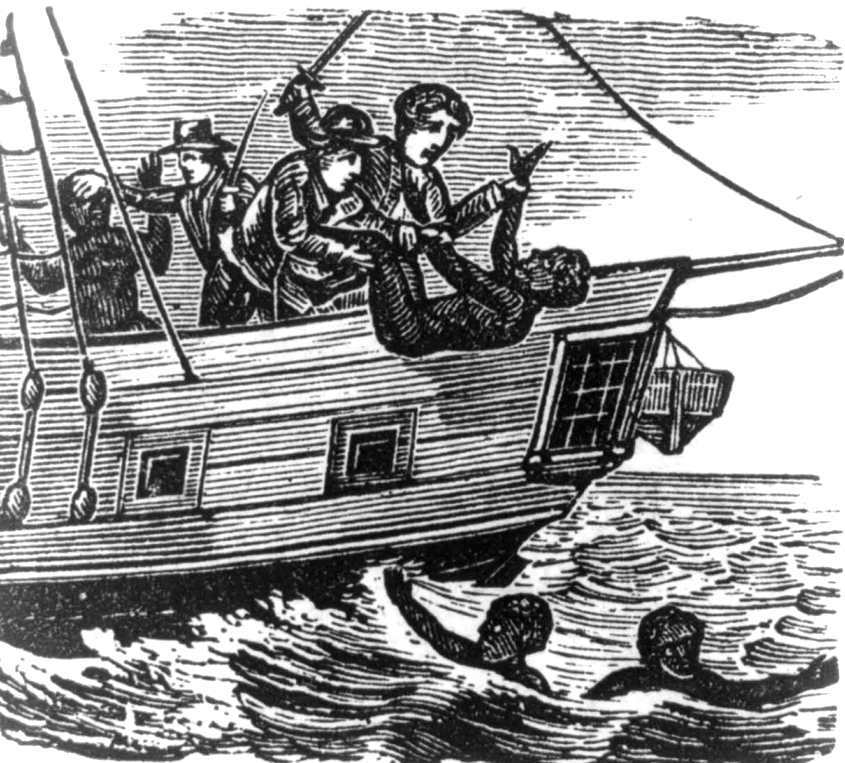Winston Churchill rather enjoyed war. In July 1914, as Britain prepared for the oncoming catrastrophe, Churchill, at the time the First Lord of the Admiralty, wrote to his wife, ‘I am interested, geared up and happy. Is it not horrible to be built like that?’ And in 1916, in a letter to David Lloyd George’s daughter, Churchill admitted: ‘I think a curse should rest on me — because I love this war. I know it’s smashing and shattering the lives of thousands every moment, and yet, I can’t help it, I enjoy every second of it’.
 Churchill had been appointed to the Admiralty in October 1911, and had continued the policy established by his predecessor of keeping Britain ahead of the Germans and strengthening the navy by expanding the number of Dreadnoughts, the most powerful battleship of the time.
Churchill had been appointed to the Admiralty in October 1911, and had continued the policy established by his predecessor of keeping Britain ahead of the Germans and strengthening the navy by expanding the number of Dreadnoughts, the most powerful battleship of the time.
But despite these preparations, Britain suffered a number of setbacks during the first months of the First World War – on 22 September 1914, the German navy sunk a number of British ships at Dogger Bank (sixty miles off the east coast of England in the North Sea), killing 1,459 sailors; and on 16 December, German ships penetrated close enough to British shores to attack Scarborough, Hartlepool and Whitby causing 137 fatalities. Churchill, in his role at the Admiralty, took the brunt of the blame and the public’s anger.
Antwerp
 The object of the Jews
The object of the Jews  So how did the future dictator start off as an artist?
So how did the future dictator start off as an artist? During the Second World War, the city of Leningrad (modern-day St Petersburg) was in the midst of a devastating 900-day blockade that lasted from September 1941 until January 1944. The German army had laid siege to the city, bombarded it and cut off all supplies in its attempt to ‘wipe it off the map’, as Hitler had ordered.
During the Second World War, the city of Leningrad (modern-day St Petersburg) was in the midst of a devastating 900-day blockade that lasted from September 1941 until January 1944. The German army had laid siege to the city, bombarded it and cut off all supplies in its attempt to ‘wipe it off the map’, as Hitler had ordered. Sergei Kirov, a dashing forty-seven-year-old and the rising star of the Bolshevik party, was killed on 1 December 1934 in a corridor outside his offices of the Smolny Institute in Leningrad. His assassin, 30-year-old Leonid Nikolaev, had acted alone. Kirov’s death threw the nation into a state of shock. Joseph Stalin, who rarely left the Kremlin, made an exception and caught the overnight train to Leningrad specifically to interview Nikolaev. Upon arriving in the city, Stalin was greeted by the
Sergei Kirov, a dashing forty-seven-year-old and the rising star of the Bolshevik party, was killed on 1 December 1934 in a corridor outside his offices of the Smolny Institute in Leningrad. His assassin, 30-year-old Leonid Nikolaev, had acted alone. Kirov’s death threw the nation into a state of shock. Joseph Stalin, who rarely left the Kremlin, made an exception and caught the overnight train to Leningrad specifically to interview Nikolaev. Upon arriving in the city, Stalin was greeted by the  Known for his uncompromising discipline, Georgy Zhukov placed strategic objectives far above the safety of the men he put into battle. Yet, despite his toughness, he could be rendered a wreck by a single harsh word from Soviet dictator, Joseph Stalin. During the
Known for his uncompromising discipline, Georgy Zhukov placed strategic objectives far above the safety of the men he put into battle. Yet, despite his toughness, he could be rendered a wreck by a single harsh word from Soviet dictator, Joseph Stalin. During the  On 6 September 1781, the Zong, a slave ship, left the island of São Tomé, off the west coast of Africa, bound for Jamaica. The ship was cruelly overcrowded, carrying 442 Africans, destined to become slaves, accompanied by 17 crew. The human cargo was manacled and packed so tightly that they had no room to move. But for the captain, Luke Collingwood, the more Africans he could squeeze in, the greater the margin of profit for both the ship’s owners and himself.
On 6 September 1781, the Zong, a slave ship, left the island of São Tomé, off the west coast of Africa, bound for Jamaica. The ship was cruelly overcrowded, carrying 442 Africans, destined to become slaves, accompanied by 17 crew. The human cargo was manacled and packed so tightly that they had no room to move. But for the captain, Luke Collingwood, the more Africans he could squeeze in, the greater the margin of profit for both the ship’s owners and himself. The Germans had
The Germans had  Having been accepted as a partisan, despite her tender age, Zoya was given the name ‘Tanya’. Handed a revolver and trained how to use it, she was assigned to a small group of partisans and given instructions. Their first task was to lay mines on the Volokolamsk highway, just behind
Having been accepted as a partisan, despite her tender age, Zoya was given the name ‘Tanya’. Handed a revolver and trained how to use it, she was assigned to a small group of partisans and given instructions. Their first task was to lay mines on the Volokolamsk highway, just behind